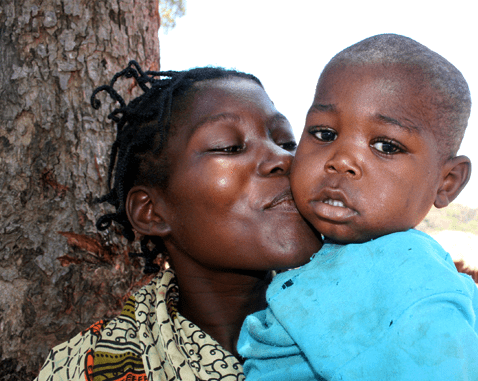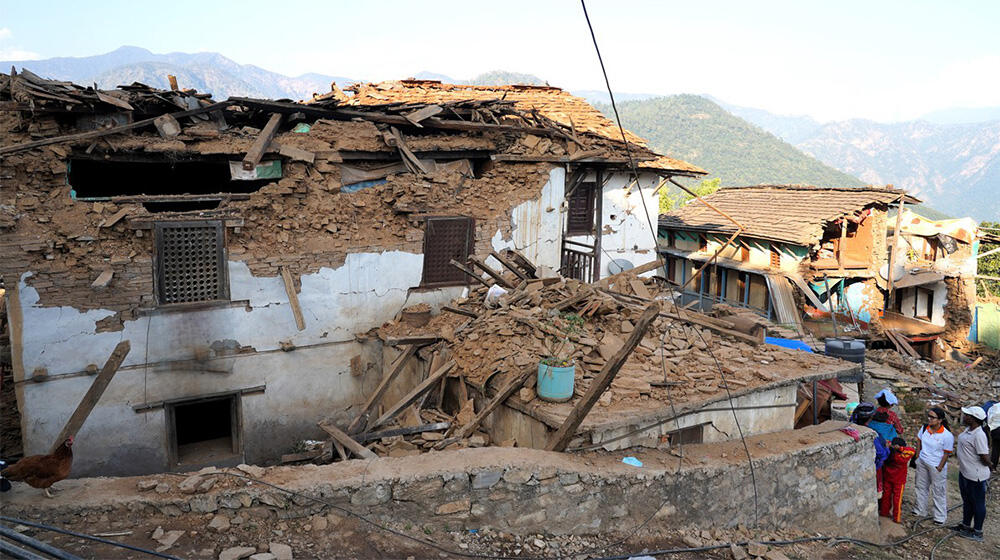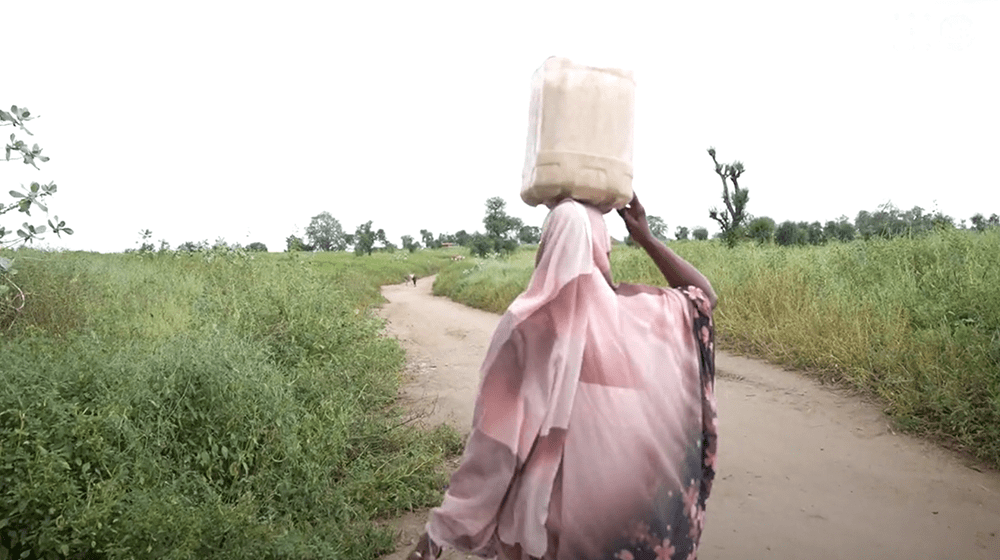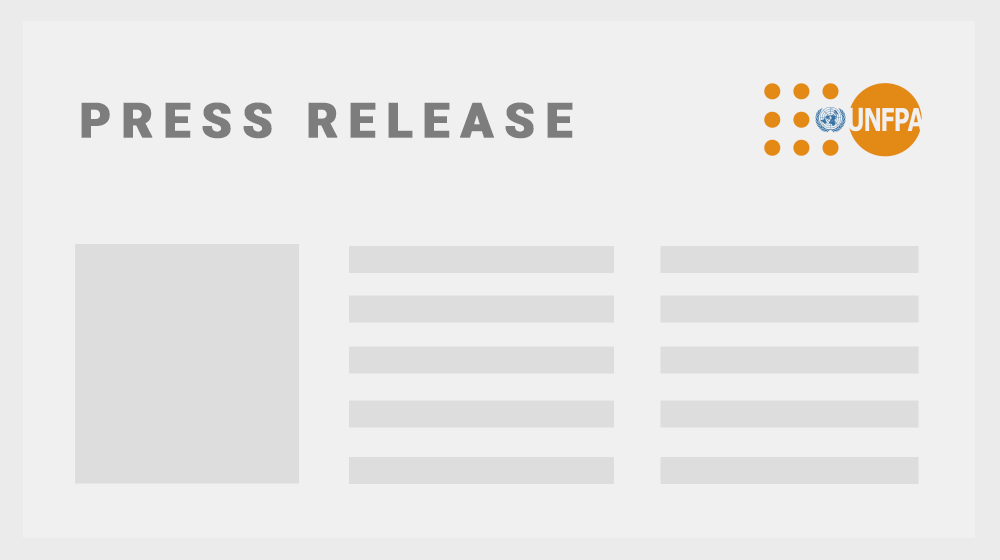Escalating conflict has driven large-scale displacement and exacerbated the already dire humanitarian situation in Cabo Delgado Province in Mozambique. Conflict-related violence, including sexual violence, has intensified. The country also grapples with climate-related disasters, including twin cyclones Kenneth and Idai in 2019, massive flooding in 2020 and cyclone Eloise in early 2021, all of which have left major damage. High numbers of COVID-19 cases compound existing needs. Key components of UNFPA’s response include provision of gender-based violence services and support for mobile sexual and reproductive health brigades to reach the most inaccessible populations.
Emergencies related content
Humanitarian needs
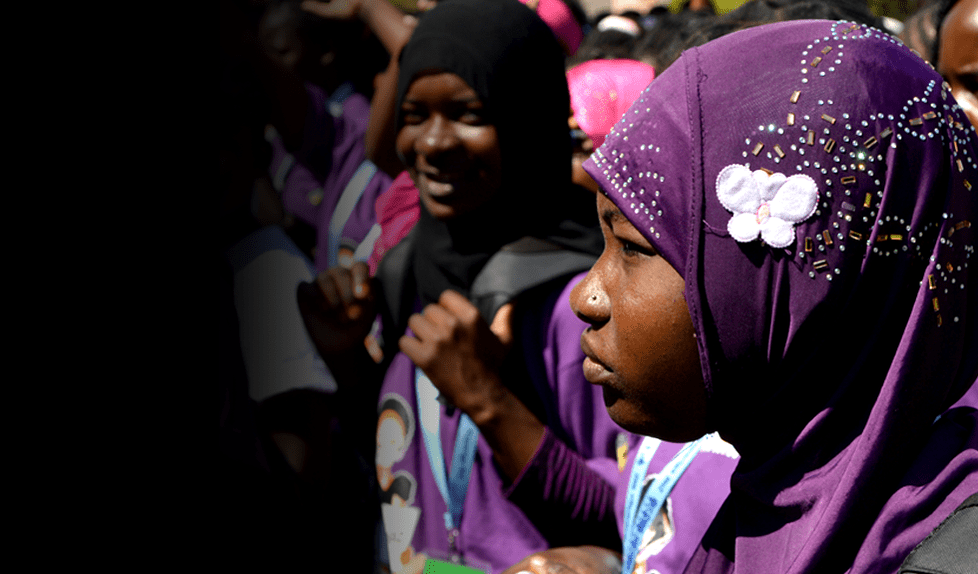
Last updated on - April 2022
Total people in need
2.0 million
Humanitarian funding
Resources in US$
Key humanitarian results 2022

UNFPA-assisted safe deliveries

Total people reached with all types of GBV services

Total women reached with all types of SRH services

Number of people reached with SRH/GBV information and awareness activities

Dignity Kits distributed

Number of safe spaces

Number of adolescent and youth-friendly spaces supported by UNFPA

Number of health facilities that provide specialized GBV services (including Clinical Management of Rape), supported by UNFPA

Personnel trained on clinical management of rape

Personnel trained on Minimum Initial Package (MISP)
Disclaimer
- Results data are reported and updated as they become available.
- -Targets and UNFPA's populations of concern, including women of reproductive age and pregnant women, are estimated using the MISP calculator.
- -Funding estimates are based on country planning processes, including inter-agency humanitarian response plans and regional refugee and resilience plans.
